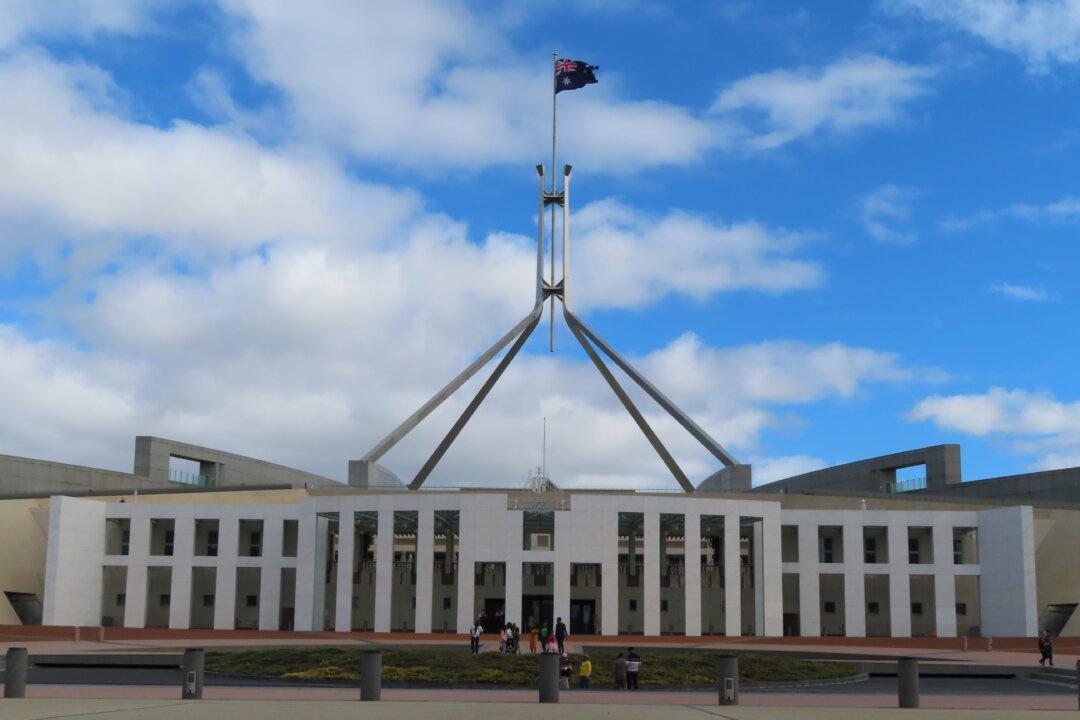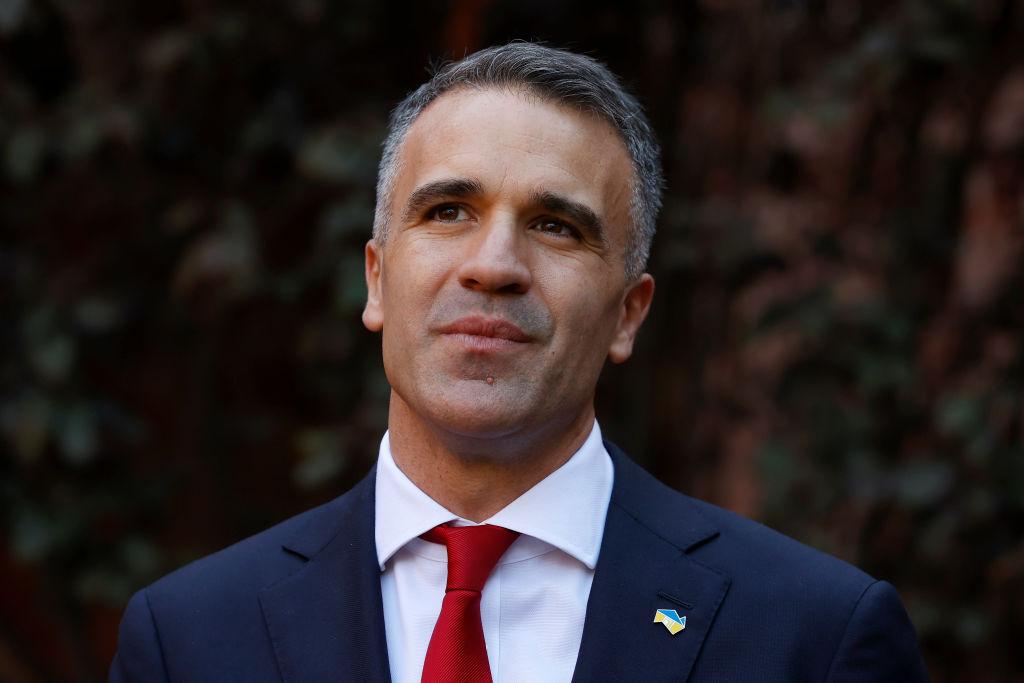Employees will soon be closer to accessing multi-employer bargaining to get higher wages, with the government’s workplace reforms set to pass the lower house.
However, large hurdles still remain for the industrial relations reform, with warnings small businesses will be impacted by the changes,





